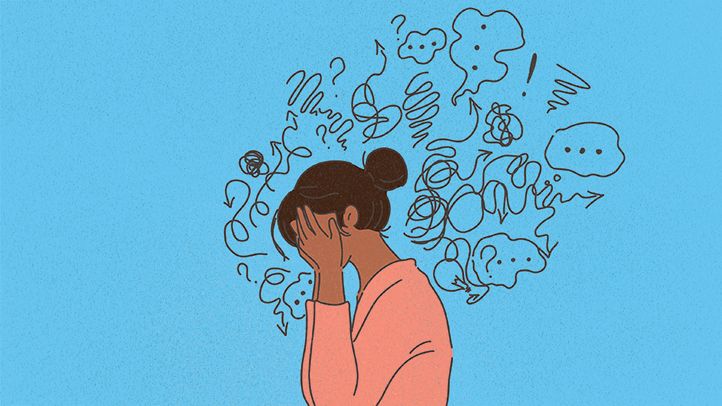
According to the Anxiety and Depression Association of America, at least 40 million adults within the United States suffer from an anxiety disorder. In fact, the condition is the most prevalent mental illness in the country and stems from many causes such as trauma, personality, genetics and brain chemistry.
The good news is that suffers can get the help they need. With the right over the counter anxiety meds, a proper understanding of your case, and a personal plan of attack, you could reduce your tension and find yourself living a better life.
Know Your Anxiety Triggers
Unfortunately, there is no one root cause of anxiety. People fear different things, people and situations. So, start by reflecting on when your stress levels rise by keeping a journal of what you do, what you eat and how you feel. A few weeks of data are likely to indicate if you have any patterns, helping you understand your triggers.
Be aware that anxiety occurs in several forms. Your heart rate may increase, you could lose energy, and you might even begin to shake or sweat. In addition, you could experience a sense of threat, nervousness or restlessness.
As you review your reactions, consider what you did on each of those occasions. Did you have too much caffeine? Did you go somewhere in particular or meet up with a group? Perhaps you took certain medications or had similar conflicts that day. Ask yourself, “what are the links between my emotional state and my daily choices?”
Keep Yourself Grounded
Once you’re aware of particular catalysts, begin to think of ways to combat the reaction and overcome the trouble. If it’s a reaction to medicines or food (like caffeine), speak with your doctor about changing your medication routine and dining habits. You could even ask for a non prescribed anxiety medication to assist you in alleviating the intense stress levels.
Learn to ground yourself by seeking balance in your everyday regimen. Adopt a mindfulness attitude, focusing on living in the moment and putting the past behind you. Live for the moment.
In addition, if anxiety begins to creep in, work with the 3-3-3 rule. What are three things you see? What are three things you hear? Then, clench and move three parts of the body. Relax, letting go of the tension.
Physical activity often eliminates the jitters. Try adding in some exercise when your nerves creep in. If running and cardio aren’t your cups of tea, consider pilates or yoga. Both practices center around breathing techniques and existing at the moment. They may take y
ou away from the stress and help you get back to your day.
Don’t let your emotions keep you from living a whole life. Take back happiness and fulfillment by learning to work through your anxious moments. In addition, consider taking anxiety medication alternatives to ease your tension and help you overcome obstacles. With a plan in place, you can do more and feel better.

